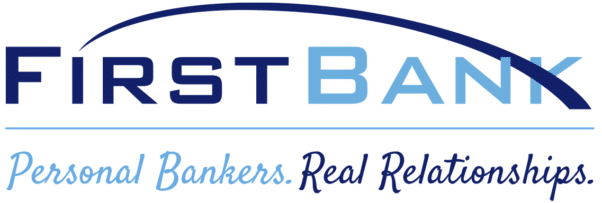Is Relationship Banking Right for Your Business?

As a business owner, you likely understand the value of building loyalty and trust.
It’s not just beneficial for your business — it can also enhance your customers’ experience and perception of value. Cultivating a deeper connection can benefit you and your customers long-term. The same is true for your relationship with your financial institution.
In this article, we’ll explain what relationship banking is, how it differs from traditional banking, and some of its key advantages.
What Is Relationship Banking?
Financial institutions that adopt the strategy of relationship banking aim to be a one-stop shop for all their customers’ financial needs. The rationale behind this strategy should be familiar to any businessperson: retaining and developing customers is more cost-effective than acquiring new ones. To successfully provide product options to their customers, institutions must closely analyze clients’ desires and expectations, offer meaningful incentives, and prioritize customer service.
Relationship banking also goes beyond the product to provide informational resources and expert advice designed to support account holders’ long-term success.
Relationship Banking vs. Traditional Banking
Compared to traditional banking, relationship banking takes a more holistic approach to customers’ financial journeys.
Traditional banking is often focused on one-off products, services, and functions. This appeals to some business owners who are looking for short-term maximization of savings or earnings in a single key area and who aren’t looking for a multifaceted partnership.
But for those who would prefer to explore an integrated system of products, services, and resources with more opportunities for individualization, relationship banking could be the option for you.
Advantages of Relationship Banking
Here are some of the key benefits of forging a closer partnership with your financial institution:
- Attentive service: As a familiar face, you know who to go to to resolve any issues or questions quickly.
- Strategic advice: When bankers and lenders gain a more complete picture of your circumstances and objectives, they can offer more relevant guidance.
- Individualized solutions: A financial partnership built on trust and understanding can lead to custom-tailored products and flexibility in terms.
- Exclusive rewards: From lower rates on loans to higher rates on deposits, you may be eligible for various perks based on the length and strength of your relationship.
- Faster decision-making: If lenders can see all your assets and transactions in one place, they can more accurately and swiftly confirm your creditworthiness.
- Networking possibilities: Relationship banking can facilitate both formal and informal opportunities to learn more about your local business community.
- Everyday convenience: When you consolidate your banking under one roof and one digital platform, you’ll save time whether you prefer to transact in person or online.
Work With a Partner You Can Trust
First Bank is proud to be a community bank that cares about our clients and their individual needs. Relationship banking is at the heart of what we do every day.
To learn more about how relationship banking could be beneficial to you, find your nearest First Bank branch.
Learn more at First Bank. First Bank is committed to doing its part to help grow the economy and create value for shareholders and stakeholders. With new branches, markets, products, and technology all under consideration, First Bank is equipped to help you reach your financial goals.
Connect With Your Community
Subscribe for stories that matter!
"*" indicates required fields
























